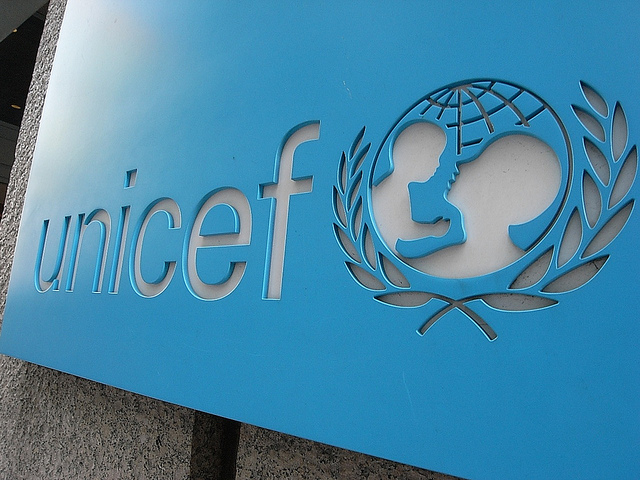The maintenance of Romania's sovereign rating by the Fitch agency takes into account the corrective measures initiated by the Bologna Government and not only for this reason, public discussions related to a possible inability of Romania to pay, non-payment of salaries and pensions, are futile, believes academician Daniel Daianu, chairman of the Fiscal Council.
"The package of measures adopted by the Government in July 2025 and other measures aim to prevent rating agencies from downgrading Romania's sovereign risk; these corrective measures may cause the country's public debt to stabilize below 70 percent of GDP in a few years, and at the end of 2026 the budget deficit to be around 6 percent of GDP. The current account deficit may be below 7 percent of GDP in 2026. In 2025, the budget deficit is unlikely to fall below 8 percent of GDP. The maintenance by the Fitch agency of Romania's sovereign rating, on August 15 this year, takes into account the corrective measures initiated by the Bologna Government, the perspective of budgetary adjustment. Not only for this reason, public discussions related to a possible inability of Romania to pay, the non-payment of salaries and pensions, are "unfortunate," he pointed out in the introduction to the 19th edition of the "Romania - Euro Zone Monitor" convergence analysis report, entitled "Budgetary correction in Romania under very adverse conditions".
Dăianu thus recalled that rebalancing the public budget is vital for the security of the Romanian economy, and this means reducing the budget deficit from over 9% of GDP in 2024 to about 3% of GDP by the end of this decade. This would also reduce the current account deficit, given that the Romanian economy also suffers from the twin deficit syndrome.
He emphasizes, however, that this budgetary correction is taking place under very unfavorable auspices, both internal and external, and has a procyclical nature that could not be avoided given the urgency of adjusting the budget in order to maintain access to financing and refinancing on the markets.
"As the Fiscal Council and other serious analyses have consistently emphasized, the correction of the budget deficit cannot be achieved only on the expenditure side of the public budget. This reality has also left its mark on the correction program developed by the Bolojan Government, which includes expenditure adjustments, increases in fiscal revenues through tax and duty reviews and efforts for better collection, reforms of the functioning of the State and of state-owned companies," Daianu specified in the cited document.
He draws attention to a series of erroneous theses that have created confusion in the approach to the budget crisis. Among them are those that claim that a correction can only be made on the expenditure side, as a normative estimate, and that tax revenues must be collected better before increasing taxes and duties.
"The urgency in which Romania finds itself, the functioning of the financial markets, and that you cannot come up with promises like those made in previous years - it is a credibility problem," the author comments.
Another wrong thesis from his perspective is the one according to which the private economy holds back public sector employees, who are a kind of "parasites", thus ignoring that there are public goods that the private economy itself needs.
Other errors the economist writes about refer to the ideas according to which low tax revenues express a social contract, European money finances the budget and current account deficits, and the listing of state-owned companies on the stock exchange can solve the deficit problem.
"The magnitude of the budget correction needed (from 9 percent to 3 percent of GDP) is underestimated and that resources obtained from such listings do not influence the structural deficit," Daniel Daianu also explained.
At the same time, he considers the idea that the deficits in 2023 and 2024 are explained by investments to be false, given that a large part of public investments is financed with European money.
The statement that having a low income means not working enough is classified by the President of the Fiscal Council as a rudimentary and cynical interpretation of the functioning of a society.
"When a budget/fiscal reform, a state reform, affects the income of people and companies, disputes with extreme emotions are inherent, especially in a deeply divided society. But theses and confusions like those evoked above, dogmatism and fundamentalism, selfishness and hypocrisy have made it difficult to create a correction program. On the other hand, human nature is complex, with good and bad traits," comments Daianu.
For the future, he considers it essential that the budget rectification takes into account the correction measures and specifies that the set of measures of the Ministry of Finance that aims to broaden the tax base and better collect taxes and duties (ANAF reform) is to be welcomed.
Daniel Daianu explained, in context, that accession to the eurozone cannot take place without budgetary consolidation, so not before the budget deficit reaches 3 percent of GDP. "Realistically, accession cannot be achieved before 2031-2032," the cited source mentions.
"The package of budgetary correction measures is the price we pay for the budgetary policy errors of the past years. It is desirable that much of the increased defense spending in Romania be achieved by appealing to the EU's 150 billion euro program - which can have both military and civilian utility (and which includes infrastructure works). The Multilateral Financial Framework (CFM) will probably allocate fewer resources to Romania in the new exercise. The new CFM will change considering the challenges for the EU related to competitiveness and defense/security. Romania has acquired a "dependence" on European funds that may return like a boomerang when these resources inevitably drastically decrease - after 2026 the PNRR ends, and the money from the MFF will be reduced in the next financial exercise. The massive decrease in European resources will influence the budget execution, public investments, balance of payments and potential GDP," Daianu also points out.
He claims that Romanian society has numerous flaws and institutions are relatively weak, one can even speak of a syndrome of "forms without substance", which goes deep into history, but an underestimation of Romania's economic progress after 1989, of the role of membership in the EU and NATO, is wrong.
"In addition, economic and social difficulties are observed in almost all democratic countries; therefore, we must not fall into the trap of Romanian exceptionalism from this point of view. For the security of Romania, of the EU, it is vital that the transatlantic relationship does not erode," Daniel Daianu also specified.
































Comentează